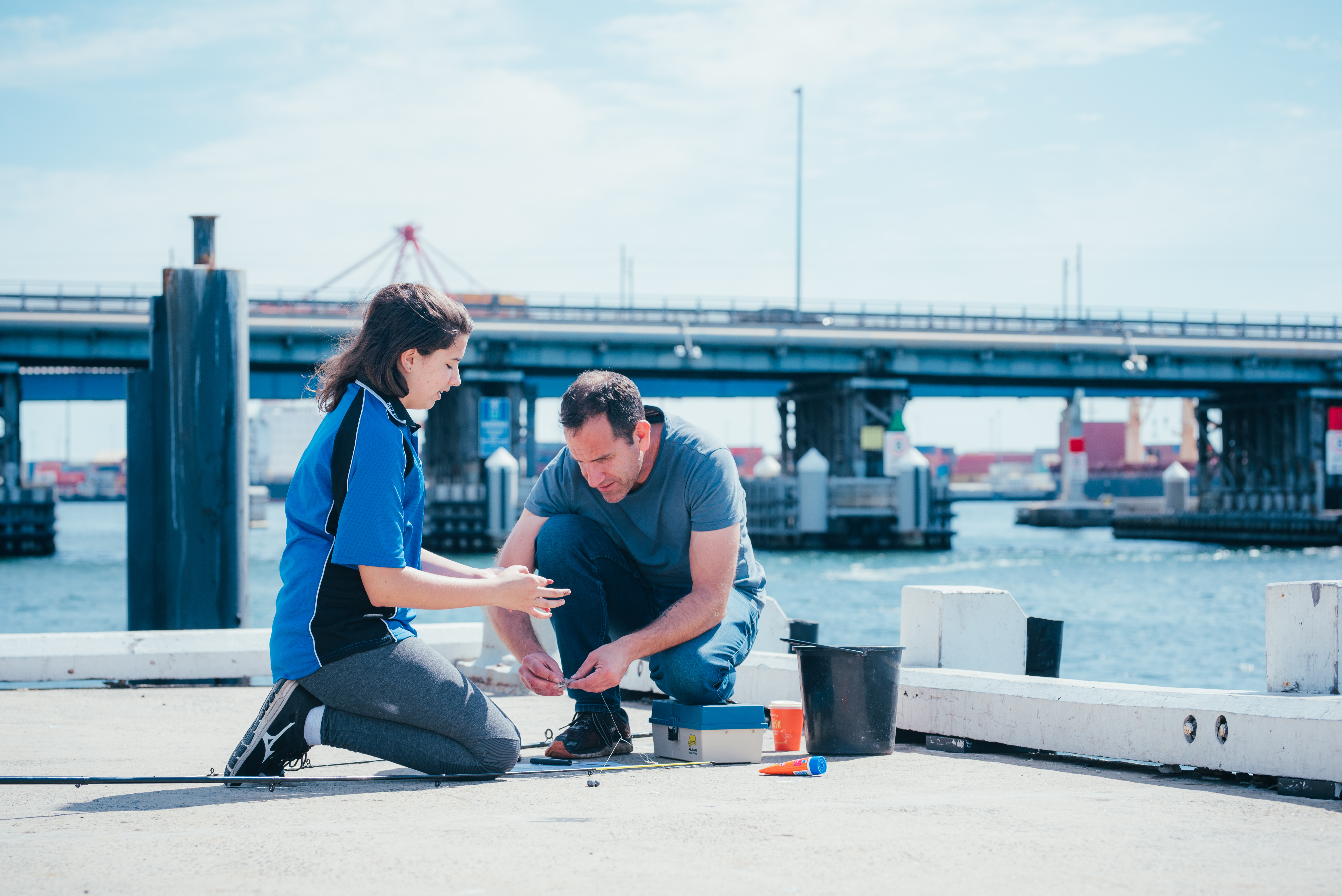Breadcrumb
Ages and stages
Ages and stages
Navigation Menu
Asset Publisher
12 to 14 years

In this section
What to expect
As children reach puberty and their bodies change, they can become extremely self-conscious.
The opinions of friends and classmates become more important as they develop more independence from you.
Many young people will start to use social media apps (if they haven't already). Media role models and online friends (they may or may not know in real life) can also have a significant influence on their attitudes and behaviours.
Along with this independence, comes a new awareness of their own thoughts and feelings. They might want more space to work things out in their own way.
They may have trouble explaining what they are thinking and feeling, which can be extremely frustrating for them and the people around them.

The way the world sees and responds to your child changes too.
A girl developing breasts may find herself getting sexual attention she’s not ready for.
Children who go through puberty earlier and appear older are able to access the adult world more readily.
Children who are different to gender norms or transgender may start to feel more distressed by the stronger societal pressure to fit in. (See Parenting a child who is gender diverse.)
Crushes that children have had in the past may begin to turn into something more like sexual attraction.
Some will begin to wonder (if they haven't already) about when they can have a boyfriend, girlfriend or partner. This is a normal, healthy and exciting part of growing up.
As sex hormones surge, so do sexual feelings and they may (re)discover masturbation.
Some young people become sexually active (deep kissing, close touching) by age 14 and a small number will start having sexual intercourse. 10
Some children may have no interest in romance. There are lots of ways to learn and enjoy life without partnering up.
I would love to get ideas on how to better teach and support my kids to make confident and considerate decisions. I want to encourage my teenagers to feel confident about their own wishes and boundaries, so that they don’t feel pressured by peers’ experiences and expectations, and they don’t put pressure on others either.
Parent of boys 4 and 11 and girl 8

What you can do to help
- Don’t stop offering hugs if this has been a part of your relationship.
They need you now more than ever. Respect their wishes if they look reluctant, but keep offering.
- Continue conversations about respectful relationships (with family and friends).
Explain that the same qualities are important in romantic relationships: trust, fun, respecting boundaries, fun and freedom to be you.
(See Respectful relationships for more information.)
- Talk about the pros and cons of being in a relationship.
Talk about all the ways you can enjoy life without partnering up.
Discuss what they might do if they were having difficulties in a relationship.
-
Talk to your child about who they ‘follow’, ‘like’ and chat to on social media.
Remind them how important it is to be able to determine what is real and what is not when it comes to information, images and media online.
Make sure they know that online communication and social media posts need to be respectful too. (See Online behaviour and safety.)
- Fathers can create time with their daughter.
Fathers often talk about ‘losing their little girls’ as they begin to grow up.
If dads can find a common interest with their daughters, this can help to keep the connection alive.
- Help them find other trusted adults to turn to if needed.
Discuss with your child who they would talk to if they needed an adult’s ear but were reluctant to come to you.
-
Show them reliable websites to go to for support and information (See Resource section.)
- Talk about real-life situations.
Talk about different situations so that they have real-life skills and knowledge.
For example, you could ask "What advice would you give if your friend was getting lots of unwanted texts?”
Asking them what their friend would do (rather than what they would do) helps to make the conversation less confrontational.
- Revisit the ‘how-to-make-a-baby’ conversation.
Make sure they know that a girl can get pregnant the very first time she has sex - even if they do it standing up, during her period or if the boy withdraws his penis before he ejaculates.
Explain (or remind) them that contraception is needed to prevent a pregnancy. (See Contraception section for information on different forms of contraception.)
Read next:
You might also be interested in:
